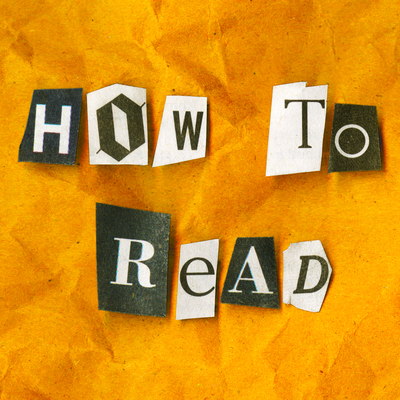In the Bible, the Apocalypse is the end of the world as we know it, but it’s also the beginning of a new one. Jennifer Wilks argues that major catastrophes can be apocalyptic in the same way. A disaster like Hurricane Katrina or the COVID-19 pandemic can shed new light on the world’s social inequalities, which makes it easier to imagine them changing. Jennifer thinks that post-apocalyptic fiction can play a role in this process, by allowing us to think ahead about times of disaster so we can act to make things better when the moment comes.
Bonus clip
Works mentioned
– Bong Joon-ho (director), Snowpiercer
– Colson Whitehead, Zone One
– Jacques Lob and Jean-Marc Rochette, Snowpiercer
– August 2021 IPCC report on climate change
Further reading
The [Uncertain] Four Seasons – a global project that recomposed Vivaldi’s ‘The Four Seasons’ using climate data for every orchestra in the world
Katy Reckdahl at Politico – The Dark Side of Katrina Recovery
Elissa Nadworny at NPR – For Teens, Dystopian Fiction Seems Pretty Real — And That’s Why They Like It
Rashida Kamal at The Guardian – Quitting is just half the story: the truth behind the ‘Great Resignation’
Lizzie Widdicombe at The New Yorker – The Rise of the COVID Midlife Crisis
Jia Tolentino at The Guardian – Athleisure, barre and kale: the tyranny of the ideal woman
